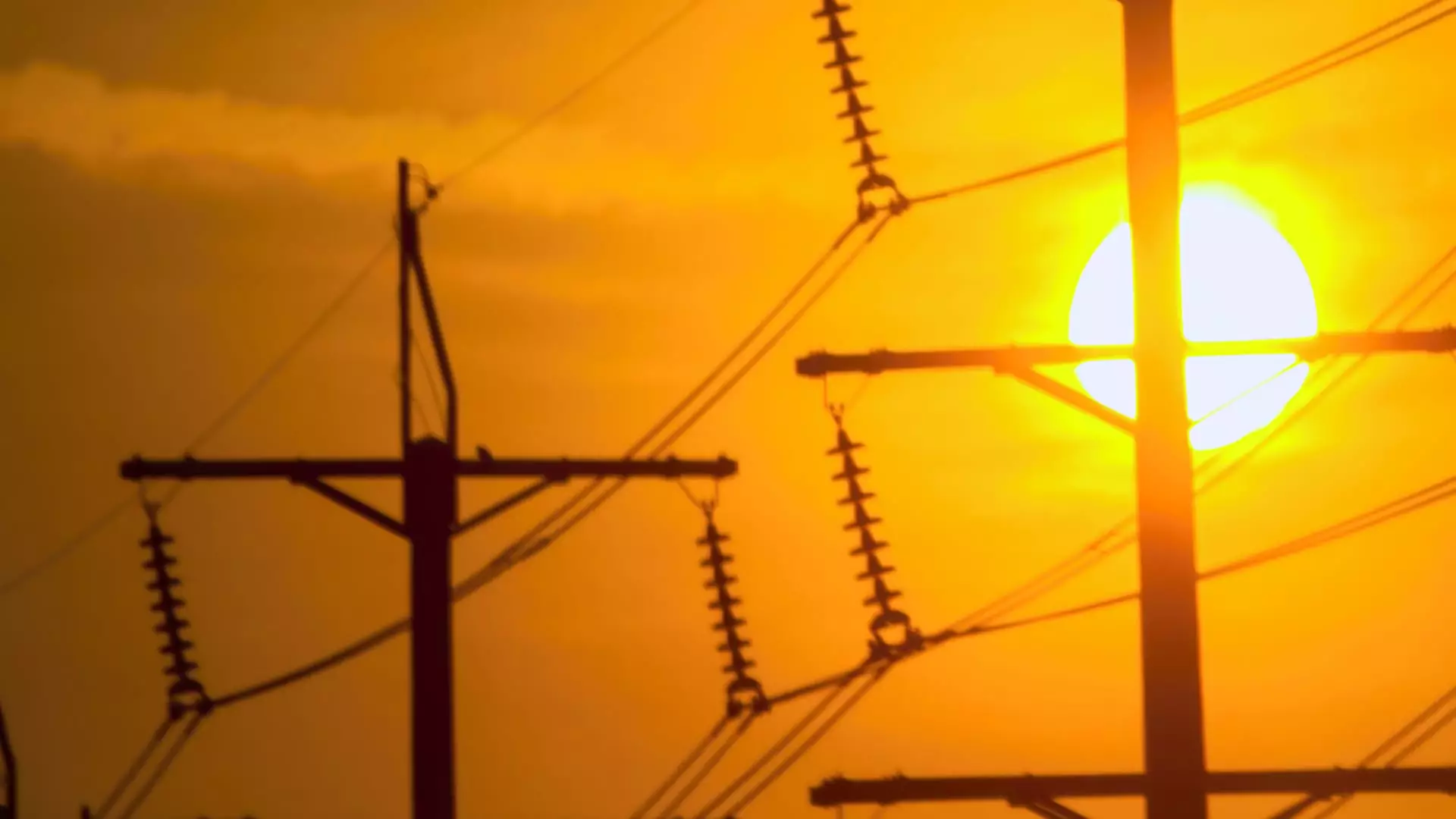The summer heat can significantly influence the dynamics of the real estate market, creating new challenges and necessitating innovative strategies for home sellers. A recent analysis highlighted how intense heat waves have impacted foot traffic at open houses, suggesting that sellers must adapt to maintain interest and encourage buyer engagement. With pending home sales plummeting by 5.6% year-over-year, the largest decrease in eight months, urgent questions arise: How can sellers optimize their approaches during this sweltering season? This article examines the implications of extreme temperatures on home sales and offers practical strategies to help sellers flourish despite these environmental challenges.
The summer of 2023 has been marked by persistent heat waves in numerous regions. According to real estate expert Chen Zhao from Redfin, the skyrocketing temperatures are not the only factor behind the declining demand for homes; potential buyers are also biding their time in anticipation of interest rate cuts from the Federal Reserve. Kristin Sanchez, a Redfin Premier real estate agent based in Nashville, emphasized the correlation between extreme weather and buyer behavior: “When we get a heat wave and it’s paired with humidity, people tend to just stay indoors in air conditioning.” This implies that the atmospheric conditions are dictating when and how potential buyers engage with the housing market.
In an environment where buyers are prone to prioritize comfort, especially during oppressive summer days, sellers must learn how to drive engagement in ways that resonate with this demographic. Offering scheduled viewings during cooler parts of the day is one such adaptation that could bolster attendance and interest.
Traditional marketing strategies may fall short under the strain of excessive heat. For instance, the practice of staging homes typically emphasizes aesthetic appeal, but this can be counterproductive if it compromises the comfort of potential buyers. Terry Mainord, a design company founder, notes that removing air conditioning units or fans for visual appeal might deter visitors who are acutely aware of the uncomfortable climate. Instead, sellers could embrace a more pragmatic approach, providing handheld fans or refreshing beverages during open houses to counteract the heat. Such thoughtful touches could leave buyers with a more favorable impression and enhance their overall experience.
Moreover, the pandemic-induced shift towards virtual viewings represents an indispensable tool for reaching buyers in today’s buying landscape. With many individuals hesitant to venture out in extreme weather, digital platforms can accommodate their needs by allowing them to participate in property viewings from the comfort of their homes. This not only expands the reach of the seller’s marketing efforts but also caters to those who may be relocating from distant cities or states.
The condition of a home’s heating, ventilation, and air conditioning (HVAC) system plays a pivotal role in how buyers perceive a property. With the intense summer heat, buyers are highly sensitive to any deficiencies in these systems. Sellers should ensure that their HVAC units have been serviced and maintained effectively, minimizing the risk of issues during showings that could detract from the property’s appeal. Sanchez advises that addressing HVAC concerns proactively can create a comfortable environment that is more likely to impress prospective buyers.
Cost considerations for HVAC upkeep vary widely, with expenses ranging from as little as $100 to over $3,000, depending on the necessary repairs or replacements. Understanding these costs upfront allows homeowners to make informed decisions about investments in their property, weighing immediate financial impacts against potential long-term benefits.
Selling a home during this tumultuous market might also offer avenues for financial advantages. Homeowners contemplating upgrades to their HVAC systems may qualify for the Energy Efficient Home Improvement Credit, allowing them to recoup some of their investment. Certified financial planner Tommy Lucas suggests that sellers do their due diligence to explore both state and local financial incentives that could be beneficial.
Keeping detailed records of home improvements, expenses, and dates of service can enhance a property’s market profile while supporting sellers as they navigate capital gains tax implications upon sale. By meticulously documenting these details, sellers can more accurately assess the profits they can claim from their home, which could significantly impact their financial planning.
Summer heat waves present unique challenges for home sellers looking to maintain traction in the market. By adjusting viewing times, leveraging innovative marketing methods, ensuring comfortable conditions during showings, and finding value in potential financial incentives, sellers can better navigate the existing landscape. Ultimately, creativity in approach and a deep understanding of buyer behavior during extreme weather can help sellers turn potential challenges into opportunities for success in selling their homes.


Leave a Reply